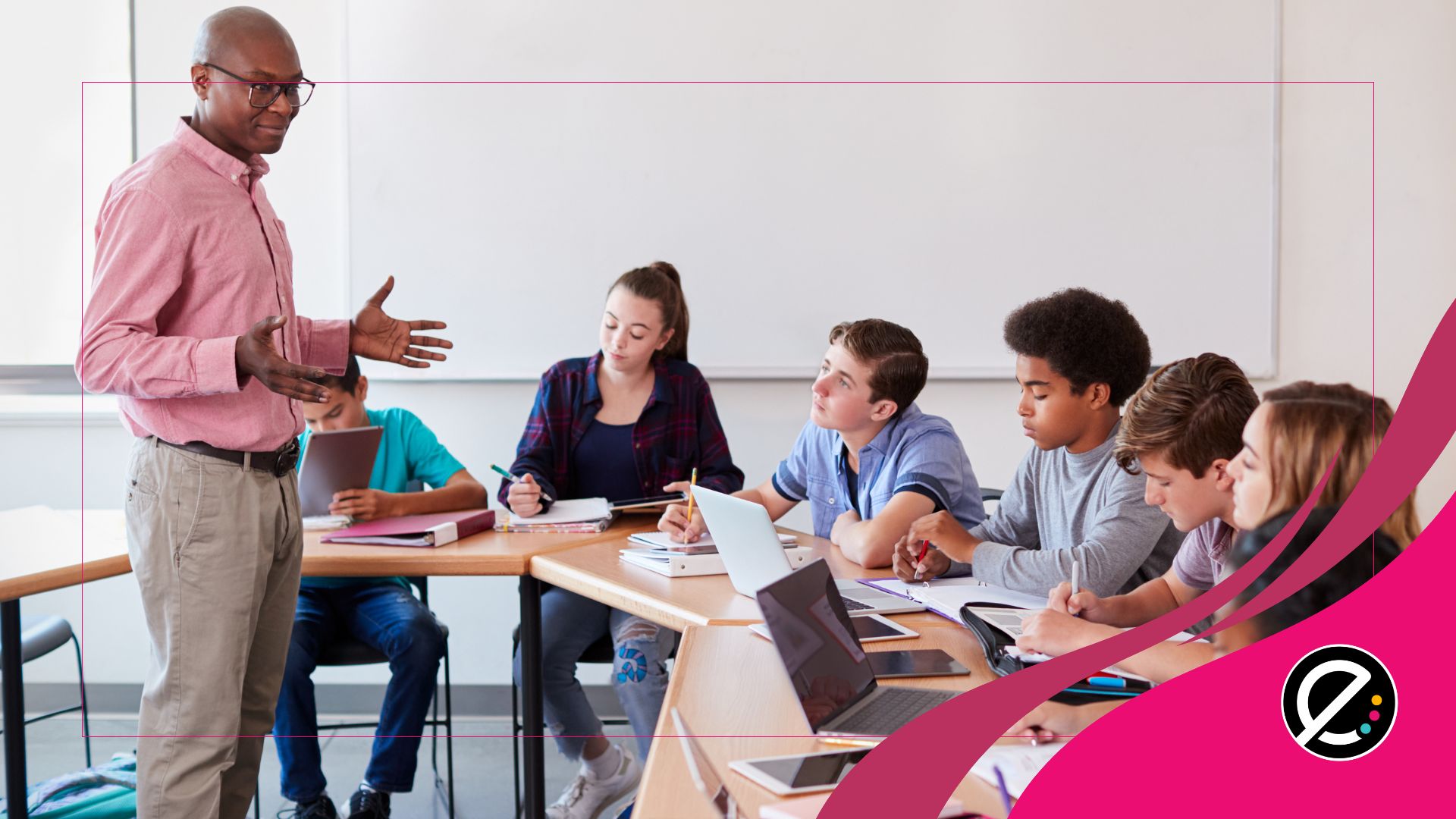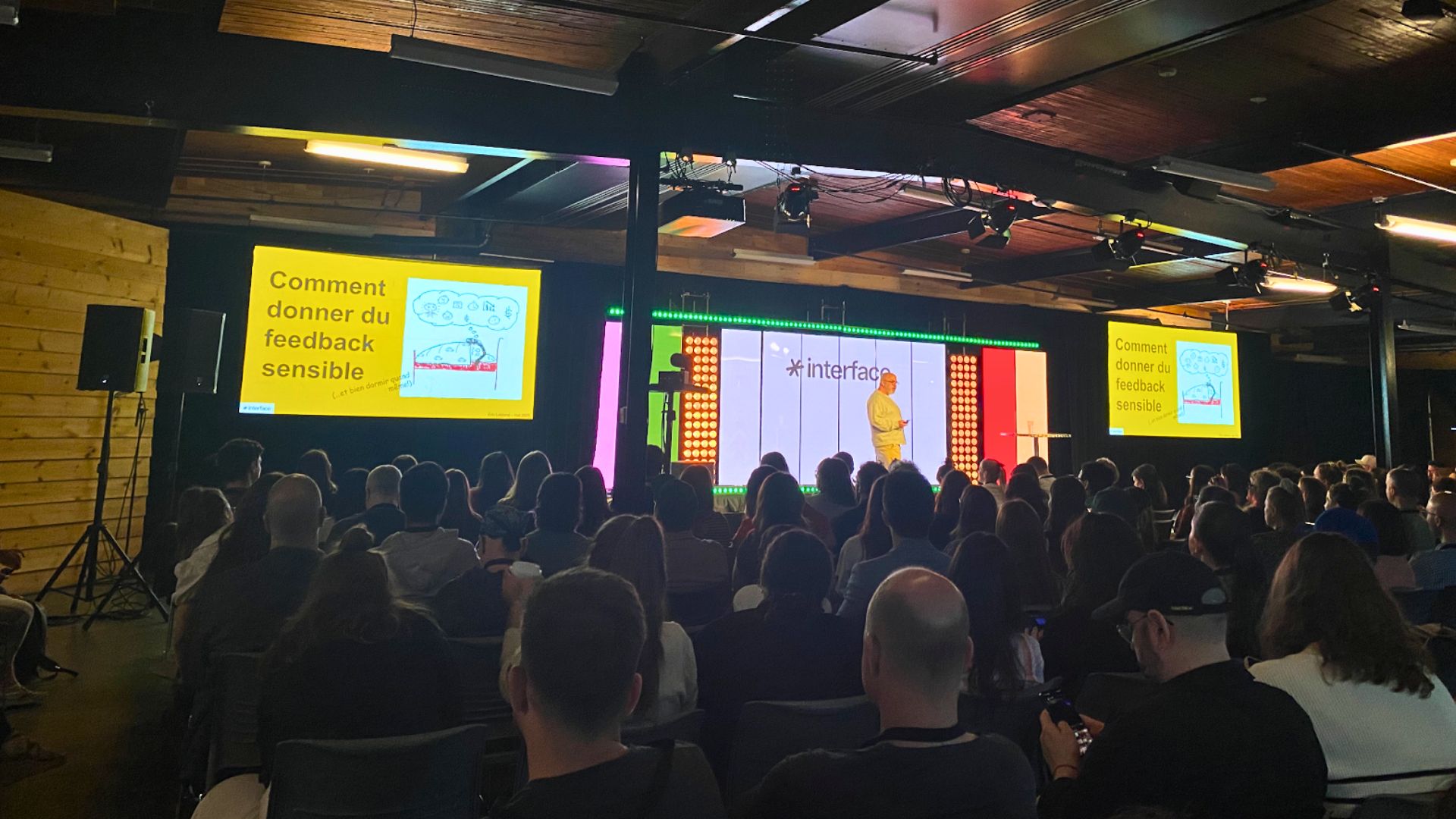Communiqué – La startup belge Wooclap vient de dévoiler sa dernière innovation, Quiz Wizard, un outil basé sur l’intelligence artificielle et sur la technologie derrière ChatGPT.
Quiz Wizard permet aux enseignants de générer automatiquement des questions à choix multiples (QCM) et des flashcards.
Les recherches en neuro-éducation montrent que la meilleure façon d’apprendre est de placer les étudiants dans une posture active, par exemple lorsqu’ils répondent à des questions. Créer un quiz pour chaque cours est pourtant une tâche chronophage pour les enseignants.
À partir d’un support de cours ou d’une thématique donnée, Quiz Wizard permet aux enseignants de générer des QCM et des flashcards en quelques secondes.
Les enseignants peuvent ensuite modifier le contenu généré par l’Intelligence Artificielle pour l’adapter à leur cours. Ils peuvent enfin exporter leur quiz vers leurs outils du quotidien :
● Wooclap pour interroger les étudiants en direct pendant le cours
● Wooflash pour créer en contenu de micro-learning intelligent
● Excel et Word
● Moodle et d’autres plateformes pédagogiques
Avec Quiz Wizard, l’Intelligence Artificielle permet aux professeurs de gagner du temps sur certaines tâches pour leur permettre de se concentrer sur l’essentiel : enseigner.
Quiz Wizard a déjà été testé par plusieurs dizaines d’enseignants. Leurs retours sont unanimes :
- « Je vais 4 fois plus vite lorsque je dois créer un quiz »;
- « Mes étudiants n’ont pas vu la différence avec les questions que je crée moi-même »;
- « L’outil est vraiment intuitif et simple d’utilisation »;
- « Quiz Wizard me permet de générer des questions auxquelles je n’avais pas pensé ».
À propos de Wooclap
Wooclap permet aux enseignants de créer des questions interactives pour favoriser l’attention, l’engagement et la mesure de la compréhension des apprenants.














